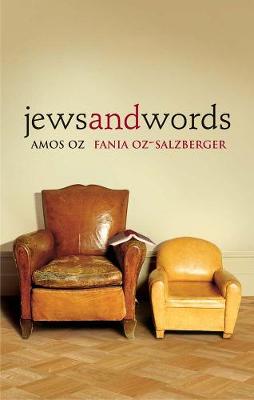Reviewed by Lianne on
I thought it was interesting how one of the central arguments that both authors focus on with regards to Jewish culture and history was the importance of books. Books, by extension, are also important, perhaps even more so because of how it communicates values, ideas, beliefs from one generation to the next. It is also in keeping with the notion that the Jewish people are one of the peoples of the book. The authors draw up references, text and examples from various literary sources, either from the Torah or other cultural titles, which was very interesting and informative.
To my surprise, curiosity, and ultimately my dismay, the authors chose not to include Jewish beliefs and the religion itself in-depth in the discussions. For a book discussing identity, I was expecting a more comprehensive look at the different elements that contribute to Jewish identity and while they do cite religious texts, it would have been interesting to see how the ideas and beliefs contributed to that identity.
While the dialogue and debate opened up differing perspectives to the cultural/social/historical/whathaveyou nature of Jewish identity, it does drift structurally. There are four chapters, each focusing on a specific topic, which serves as a guiding point. The first two chapters were pretty cohesive and strong, moving from one point to another, but I found the chapter on “time and timelessness” a little all over the place, touching on points here and there but not fleshing the point out to my satisfaction.
While fascinating, I don’t think I could recommend this book as a first-stop if you’re curious about Jewish identity, culture, and community. It’s informative, and it certainly touches on a lot of elements of Jewish culture, but given its partial nature as a dialogue between two individuals about Jewishness as a whole, it does leave the reader wondering what to make of all of the debates and the information. If you’re looking for an introduction, best look elsewhere and then return to this book for a perspective glance.
Reading updates
- Started reading
- 12 April, 2014: Finished reading
- 12 April, 2014: Reviewed
